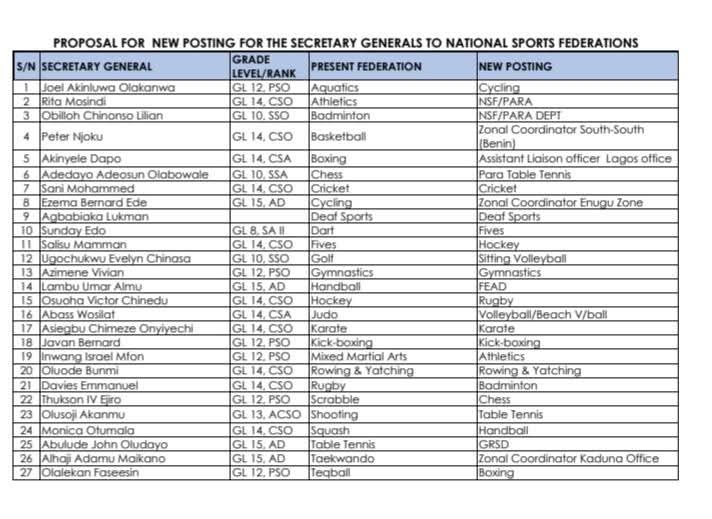Levy steps down at Spurs after 25 years
For the past 25 years, Daniel Levy has been the face of Tottenham Hotspur in the boardroom. Appointed executive chairman in March 2001, he oversaw a transformation that turned Spurs into a global brand, was the main driver in building a state-of-the-art stadium, and delivered regular European football.
Now Levy has stepped aside, leaving behind a complicated legacy defined by both progress and persistent frustration.
Levy’s departure comes on the back of Tottenham’s UEFA Europa League triumph last season when they beat fellow Premier League team, Manchester United, to claim their first piece of silverware in 17 years and qualify for this season’s Champions League.
It was a crowning moment, but even that success was overshadowed by a dismal Premier League campaign in which the club finished 17th, one place above the relegation zone. Australian manager Ange Postecoglou was dismissed in the summer and replaced by Brentford’s Thomas Frank, a change emblematic of Levy’s long-standing struggle to find managerial stability.
During his time in charge, Spurs employed an astonishing 16 permanent managers.
The failure to convert infrastructure and financial strength into consistent on-pitch success became the theme of the North London club, feeding the anger of supporters. At the height of last season’s malaise, banners at the Tottenham Hotspur Stadium declared, ‘Our game is about glory, Levy’s game is about greed’ and ‘24 years, 16 managers, 1 trophy – time for change’. Chants of ‘Levy out’ were a regular soundtrack to home games as he sat stoically in the stands.
And yet, for all his perceived faults, Levy moved the club into the 21st century. He presided over the £1 billion build of the Tottenham Hotspur Stadium on the old White Hart Lane Stadium in 2019, which is now widely considered one of the finest football arenas in the world.
He also spearheaded investment in a cutting-edge training centre and youth academy, ensuring Spurs’ infrastructure matched that of Europe’s elite. Financially, Tottenham have become a powerhouse with an annual turnover in 2024 of £582 million.
The club has been described as the most profitable in Premier League history, with a lean wage bill, and previously to this season, a cautious approach to transfers.
Levy himself reflected with pride on the journey, saying: “We have built this club into a global heavyweight competing at the highest level. More than that, we have built a community. I was lucky enough to work with some of the greatest people in this sport, from the team at Lilywhite House and Hotspur Way to all the players and managers over the years. I wish to thank all the fans that have supported me over the years. It hasn’t always been an easy journey but significant progress has been made. I will continue to support this club passionately.”
His exit marks the start of a new leadership era. Peter Charrington, a director at ENIC, the club’s ownership group, has been named non-executive chairman. Charrington acknowledged the turbulence of recent months but insisted stability is the priority.
“This is a new era of leadership for the club, on and off the pitch. We are now fully focused on stability and empowering our talented people across the Club, led by Vinai Venkatesham and his executive team,” said Charrington. Venkatesham, formerly of Arsenal, has already taken over as CEO, while Frank leads the men’s side and Martin Ho the women’s team.
Levy’s departure closes a defining chapter in Spurs’ history, and the question now is whether the structures he built will finally deliver the success in terms of trophies that he could not.




Comments
Post a Comment